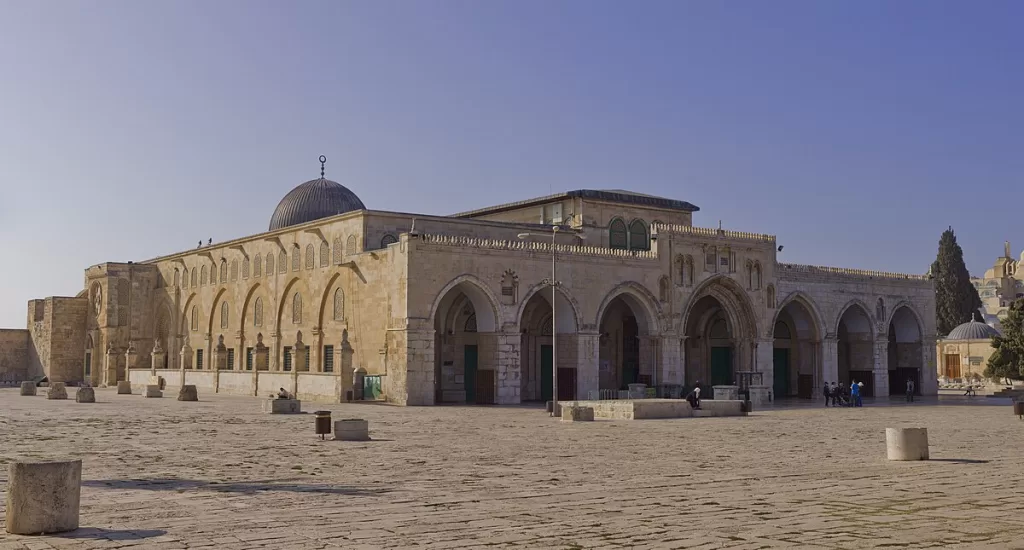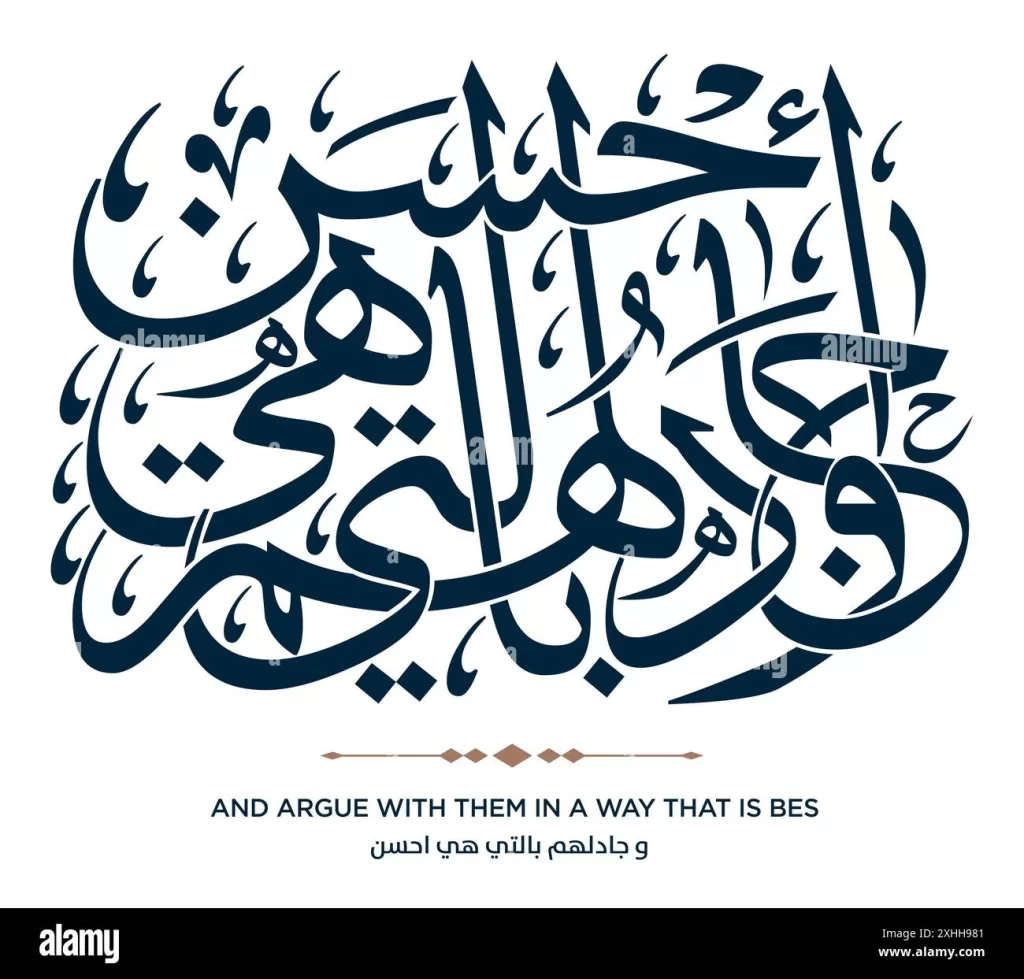(c) Muhammad Haniff Hassan, November 2002
One of the main principles of da’wah is upholding peace and to give priority to peaceful means.
We should adhere to this principle based on the following reasons:
1. The name “Islam” means peace and tranquility. Hence any acts of aggression would not be consistent with its meaning.
2. The Prophet (pbuh) was appointed as a blessing on the world as stated in Al-Anbiya’ : 107. Again aggression would not sit well with our understanding of “blessings”.
3. In Al-Anfaal : 61, Allah commanded that the Prophet (pbuh) place peaceful means as a top priority. “And if the enemy incline towards peace, do thou (also) incline towards peace and trust in Allah for He is the One that Heareth and Knoweth (all things).”
4. Aggression goes against the nature of man and Allah prohibited the Prophet (pbuh) from such behaviour in Ali-Imran : 159. “Wert thou severe or harsh-hearted, they would have broken away from thee: so pass over (their faults) and ask for Allah’s forgiveness for them and consult them for affairs (of moment).” This message was also repeated in the hadith, “Give good tidings and do not make them turn away, make it easy, do not make it difficult.” (Narrated by Muslim)
5. The Prophet (pbuh) has been taught to return evil with kindness rather than aggression. Allah says in the Quran, “Nor can Goodness and Evil be equal. Repel (evil) with what is better. Then will he, between whom and thee was hatred, become as it were thy friend and intimate.” (Fussilat : 34)
6. Violence will only bring about complications, difficulties and burden the individual. The Messenger s.a.w. said “Verily the religion is simple and a person should not make it difficult lest he is defeated by it.” (Narrated by Al-Bukhari)
7. The Messenger used peaceful means to establish Madinah as his political base.
8. Islam will be more effectively propagated in a peaceful environment. This can be seen from the large number of people who reverted to Islam after the Treaty of Hudaibiyah than in the 19 years prior to it.
9. History has shown that Islam has the potential of being spread in conditions of peace as seen from the spread of Islam in the Malay archipelago and in China.
Thus as long as there are peaceful means for da’wah, we should pursue it in place of any acts of aggression or violence.
Nevertheless, this understanding should not make us reject jihad in its broader or specific definition. We have to believe that jihad is part of the syariah of Islam. “Fight in the cause of Allah those who fight you but do not transgress limits” (Al-Baqarah : 190)
The prophet said, “The pinnacle of Islam is jihad.” (Narrated by At-Turmuzi). We still believe that those who are in jihad hold a privilege position next to Allah as stated in An-Nisa’ verse 95, “Not equal are those believers who sit (at home) except those who are disabled. And those who strive and fight in the cause of Allah with their goods and their persons, Allah has granted a grade higher to those who strive and fight with their goods and persons than those who sit (at home).”
And we should not procrastinate in preparing ourselves for jihad. “Against them make ready your strength to the utmost of your power.” (Al-Anfaal : 60)
Nonetheless, in considering means for our cause, we should look at their relevance in the viewpoint of syara’ rather than the “status” attributed to such means.
Jihad should not be defined as simply going against non-Muslims. Jihad is also to upholding justice and fighting evil. We should be prepared to defend our country if it is unjustly attacked, just as we should be ready to defend those who are unjustly treated or discriminated due to their ethnicity.
This is similar to the concept of national defence where the government would try to resolve matters through peaceful diplomatic means while always being prepared for any external attacks.
Hence there is no conflict between our commitment to peaceful means of da’wah and jihad. We should not be a threat to anyone, unless they are chose to behave like Milosevic.
When faced with the options of jihad (war) and peace in carrying out our da’wah responsibilities, our scholars have reminded us to avoid any actions that would result in a bigger destructions or greater evil and aggravate injustice.


